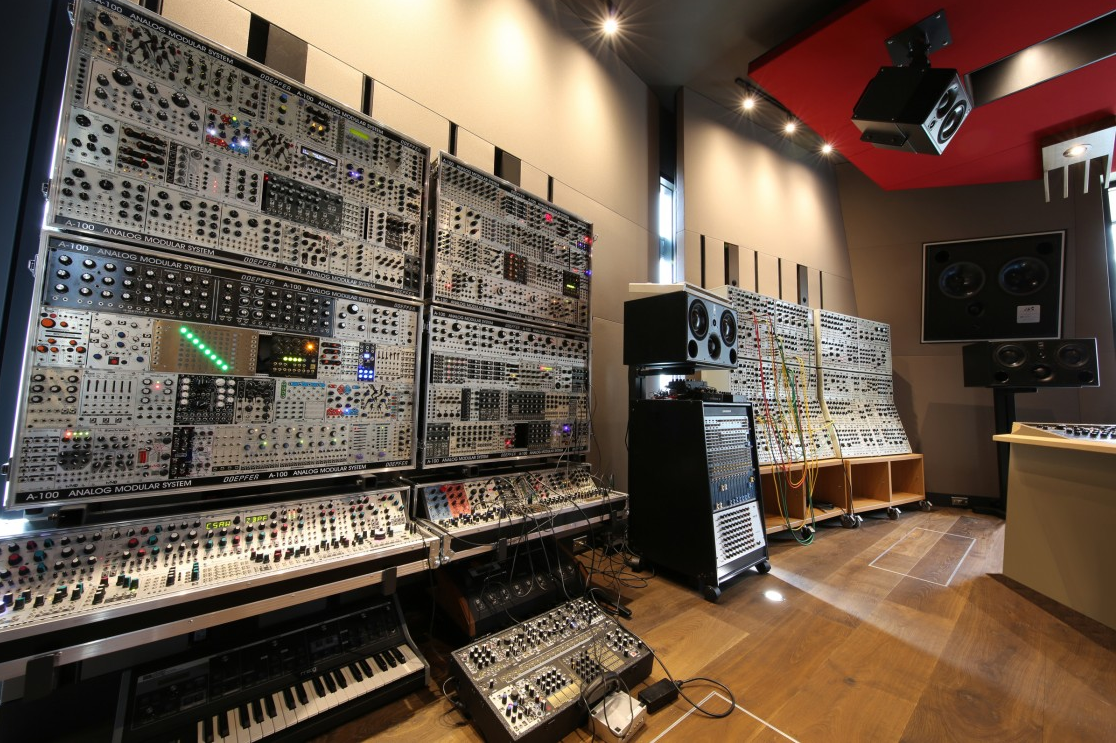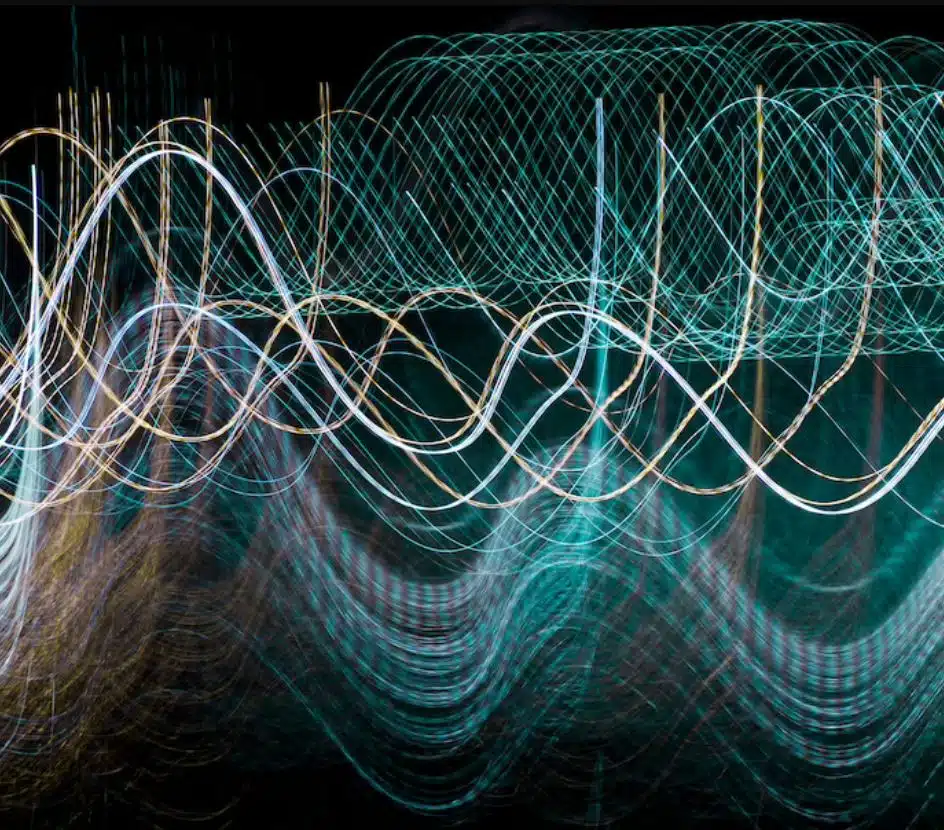The landscape of music production has been transformed by technology, turning even bedroom studios into professional-grade recording spaces. From digital audio workstations (DAWs) to AI-assisted composition tools, artists now have unprecedented access to creative resources. This blog will provide an in-depth look at how technology is revolutionizing music production and shaping the sound of modern music.
In the past, recording music required significant financial investment and access to high-end studios. Today, thanks to advancements in recording software and hardware, artists can produce high-quality music with just a laptop and a pair of headphones. We’ll explore the role of DAWs like Ableton Live, FL Studio, and Logic Pro in democratizing music production, allowing independent artists to compete with major label acts.
Another key area we’ll explore is the rise of AI in music production. Tools like Splice and LANDR are using machine learning algorithms to assist artists in creating beats, mixing tracks, and mastering audio. While some critics argue that AI takes away the human element of music, many artists see it as a valuable tool that enhances creativity by removing technical barriers.
Beyond software, hardware innovations like affordable synthesizers, MIDI controllers, and audio interfaces have made it easier for artists to experiment with new sounds. We’ll highlight how these tools have allowed artists to blend genres, create unique soundscapes, and push the boundaries of traditional music production. This technological shift is not just limited to electronic music; even acoustic and live musicians are finding new ways to integrate tech into their creative process.
We’ll also showcase how Sonichimaera artists are utilizing these tools in their work. Whether it’s blending analog sounds with digital effects or using AI for mixing, our artists are at the cutting edge of music innovation. Their willingness to embrace technology has led to groundbreaking albums that challenge the status quo of music production.



